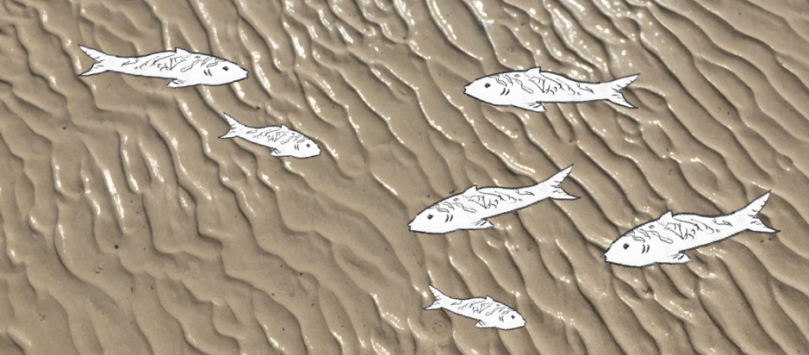So, you are stuck at home. You may be isolating, quarantined, or suddenly found yourself under- or completely unemployed with too much time on your hands. You sit with your family, your children, your housemates or by yourself. You watch the news and hear from others about the panic-buying. You’re concerned over food supplies and the fresh food you can find at the shop seems expensive. What are you going to do? Well you could do what many people have done, rush to buy a bunch of food seeds and seedlings. The idea is to “grow your own” and hopefully secure a more reliable (and cheaper?) supply of fresh food. The only problem is, you’re not really sure how to grow food plants – you can keep your house plants and the shrubs in your garden alive sure, but this seems a bit more complicated…
This is the reality for many Australians at the moment. This swell of new food gardeners is a wonderful outcome from the concern and restrictions of the COVID-19 crisis. But how likely are these gardens to flourish? Do newbie gardeners have the skills and experience to produce reasonable and consistent amounts of food for their households this autumn and winter? Or will most of them watch disheartened as their newly minted “victory gardens” fail? The latest results from “Edible Gardens“, a state-wide citizen science project from the University of South Australia, suggest huge variability in the effectiveness of home food gardens.
So, what can we as a country do to help all these newly enthused food gardeners succeed? And how good would it be to come out of this crisis with households and communities that were more resilient, more productive, and more inter-connected than ever?








